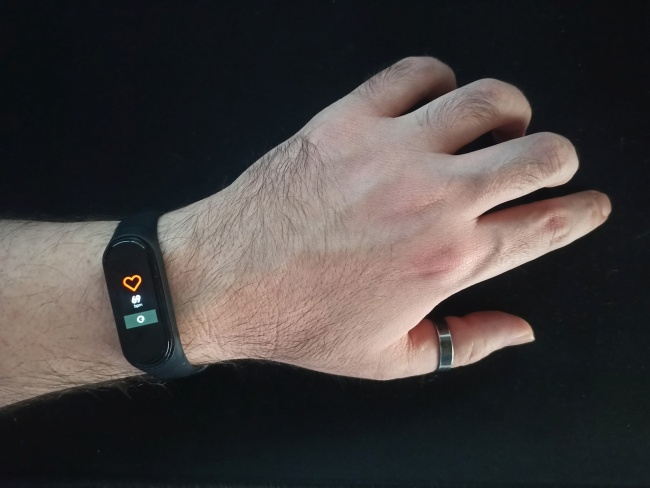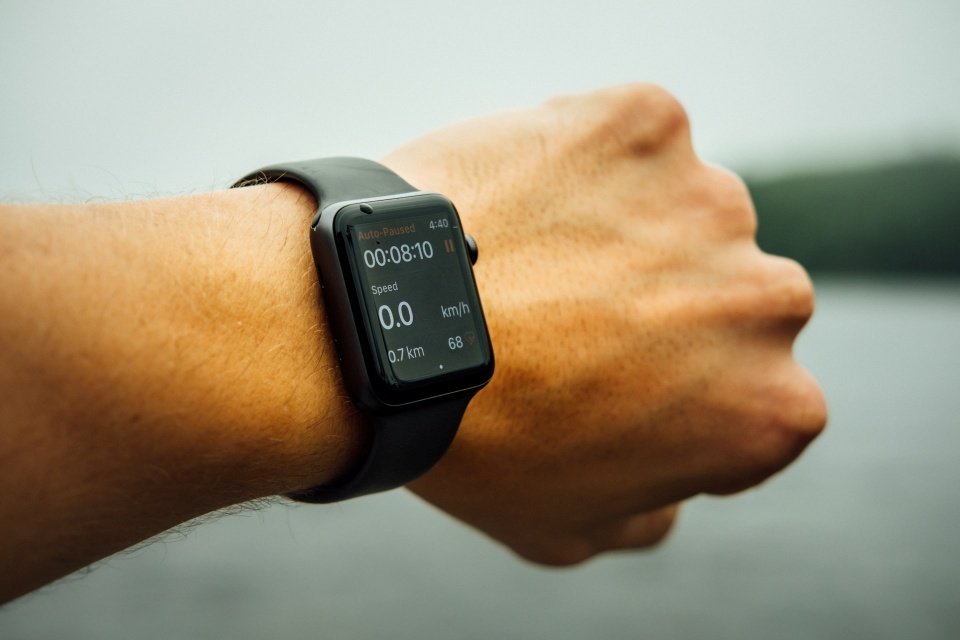Smartwatches and fitness bracelets can interfere with implantable cardiac electronic devices (ICDs), including subcutaneously implanted pacemakers. That’s what a new study published last Tuesday in the scientific journal Heart Rhythm suggests (21).
According to the researchers, the problem lies in the electrical current used to detect the bioimpedance emitted by smartwatches, smartbands, smart scales and smart rings. Undetected, it measures the user’s body composition, looking for data on body fat, stress level, muscle mass and respiratory rate.
In the study, scientists from the University of Utah in the United States detected current-induced interference in the DCEIs of three of the industry’s leading manufacturers in that country. The affected device category also includes implantable cardioverter defibrillators and cardiac resynchronization therapy devices.
“Bioimpedance detection produced electrical interference that exceeded the guidelines adopted by the Food and Drug Administration (FDA) and disrupted the proper functioning of the devices,” said Benjamin Sanchez Terrones, lead author of the study. It’s worth noting that the FDA is the US government’s health regulatory agency.
Are there any risks for people who use heart devices?
The interaction between pacemakers and other CIEDs and electronic devices in general, including the latest devices such as cell phones and smartwatches, has been the subject of research for several years. However, this is the first study to evaluate interference caused by bioimpedance detection in implanted devices.
Given the limited data available so far, Terrones says more research is needed to determine the true level of risk for anyone using an implanted heart device. “Collaborative research between researchers and industry will be helpful in keeping patients safe,” the researcher said.

The researcher also said that the results of this study pose no immediate or clear risk to anyone using a DCEI and fitness tracker simultaneously, at least at first. However, there is a possibility that the interference detected by the experts may cause interruptions in the excitation of the devices or unnecessary cardiac shocks.
In the article, the researchers point out that no device for measuring bioimpedance for consumers has been authorized for the group of people with heart implants. Even before the study, the possibility of potentially harmful interference was considered.
In Brazil, Samsung has added a warning to the page where GalaxyWatch5, a watch with bioimpedance measurement functionality, is presented. The warning reads, “Do not measure your body composition if you have a pacemaker or other implanted medical device.”
Source: Tec Mundo
I’m Blaine Morgan, an experienced journalist and writer with over 8 years of experience in the tech industry. My expertise lies in writing about technology news and trends, covering everything from cutting-edge gadgets to emerging software developments. I’ve written for several leading publications including Gadget Onus where I am an author.












